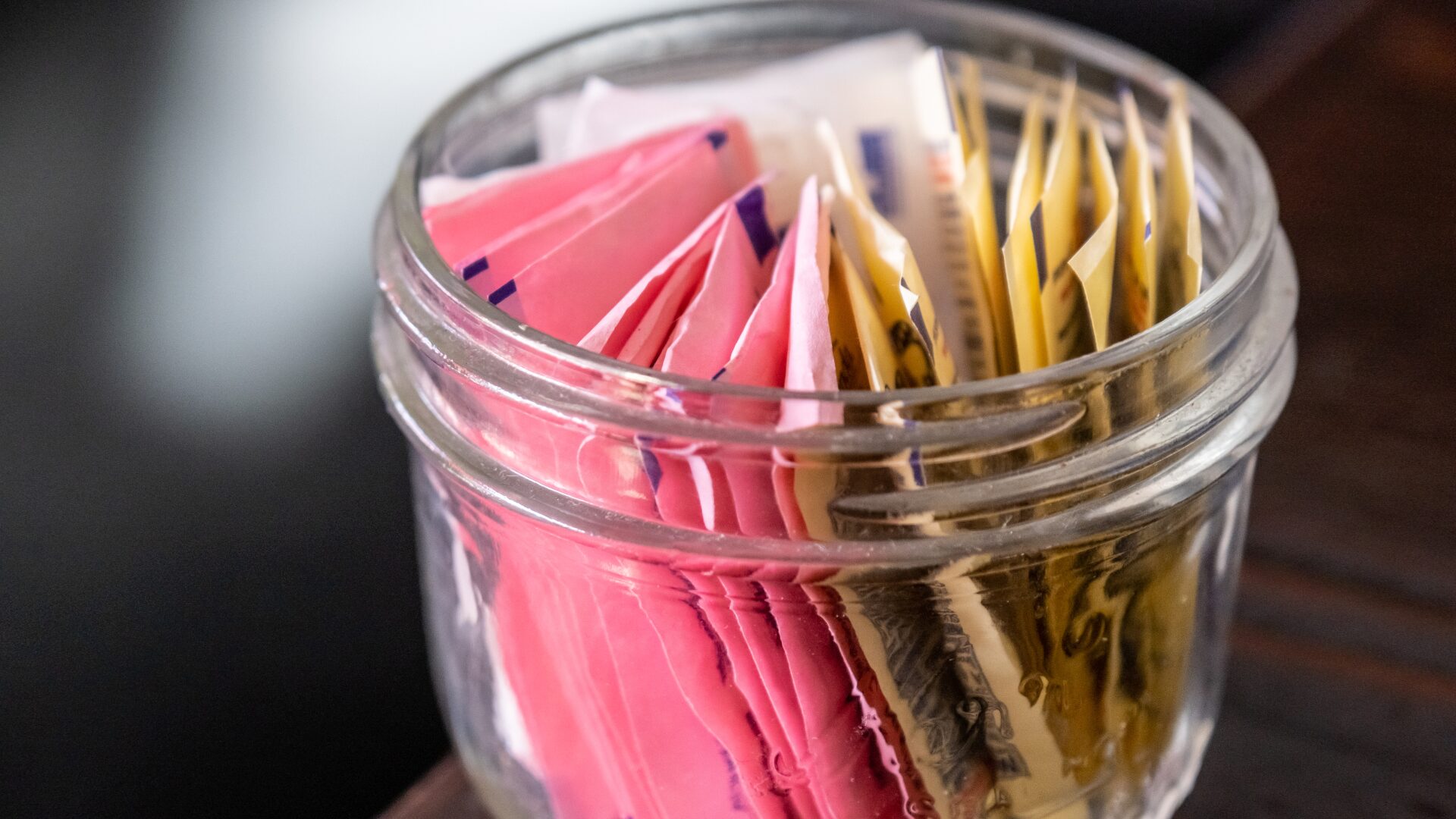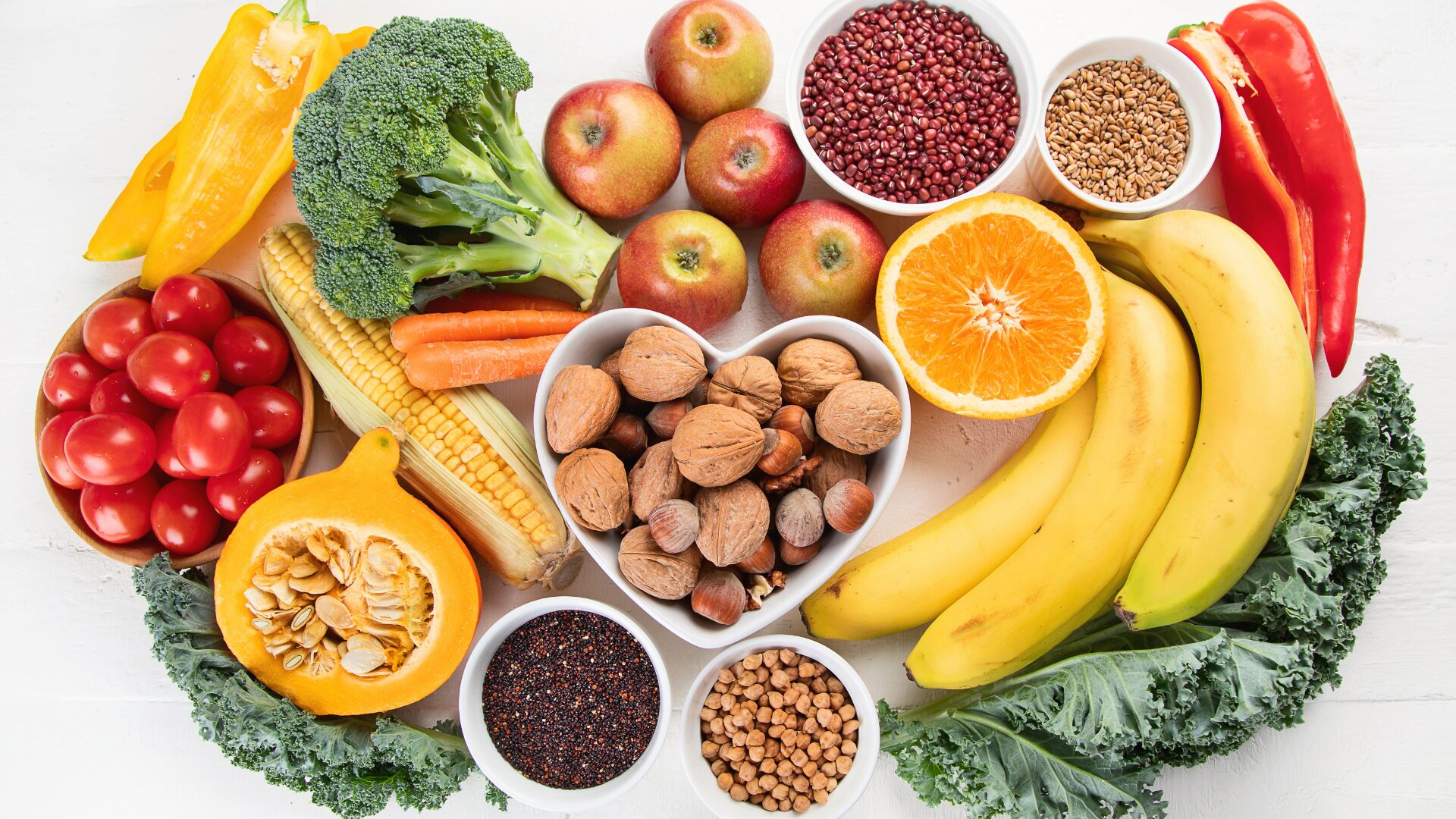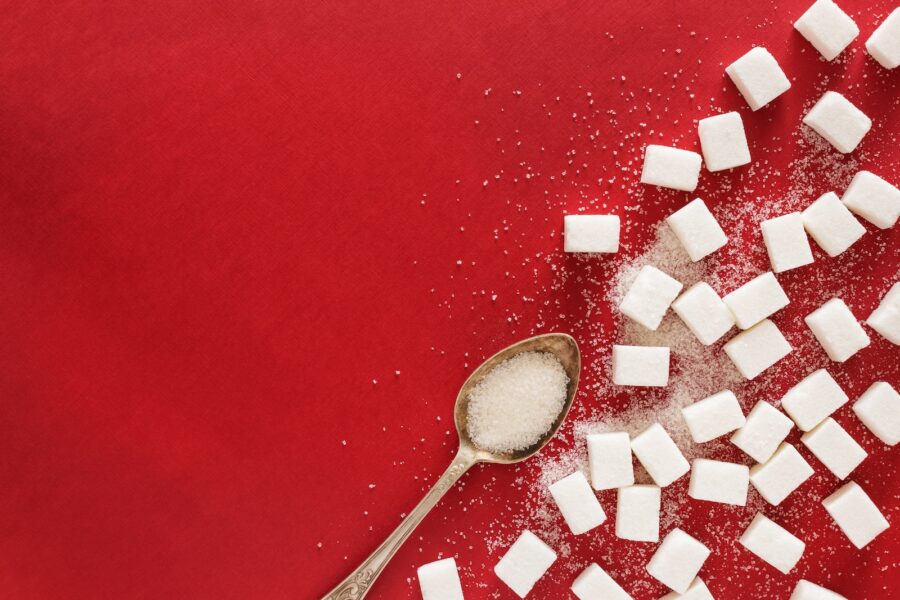By now, you’ve likely seen the ominous headlines about aspartame being deemed carcinogenic. The news about the sweetener – which is commonly used in sodas – was met with alarm by many consumers.
But what does the ruling on aspartame truly mean?
The World Health Organization (WHO) recently declared aspartame as a “possible carcinogen,” meaning it’s a substance capable of causing cancer. The popular sweetener is used in products ranging from Coca-Cola to Extra chewing gum.
Due to the alarming nature of the findings, The Food Institute took a deeper dive into the latest expert sentiment about sugar and sugar substitutes.
Confusing Message?
According to a report by Reuters, the International Agency for Research on Cancer (IARC) said that aspartame was a “possible carcinogen,” which means there’s limited evidence that the substance can cause cancer.
WHO and the Food and Agriculture Organization (FAO) Joint Committee on Food Additives (JECFA) represent the panel that determines how much a person would need to consume to be at risk, Reuters noted. After a review, the JECFA said there wasn’t convincing evidence of harm caused by aspartame and that the recommended 40 mg/kg a day remains.
Basically, it’s healthier to drink water and stay away from sugar all together, but if you indulge in a soda or two per day, you should be fine. Still, the findings were met with concern from some consumers.
How Bad, Really, is Aspartame?
How much cancer risk a person has from consuming aspartame depends on how much is consumed, as well as other risks, Kristina Marusic author of A New War on Cancer: The Unlikely Heroes Revolutionizing Prevention, explained.
“Research suggests that consuming aspartame in combination with carbohydrates or fats can slow down your metabolism, and that the sweetener can increase cortisol levels and alter gut microbes in ways that may lead to insulin resistance and weight gain,” Marusic said, adding:
“Research suggests that people who regularly consume artificial sweeteners like aspartame might be at greater risk of developing heart disease, diabetes, and stroke.”
While that all sounds quite scary, it’s not necessarily as dire as it may seem.
“The FDA identifies that the Agency has reviewed over 100 studies evaluating the toxic effects of aspartame and finds that the scientific information supports the safe use of aspartame by the general population,” said Alex LeBeau, PhD, principal toxicologist and certified industrial hygienist at Exposure Assessment Consulting.
How Much Aspartame is Ideal?
“A general tenet of toxicology is that ‘the dose makes the poison,’” LeBeau said. “While I’m not identifying aspartame as a poison, it’s an example that there is a dose for which something can be identified as safe (i.e., not causing adverse health effects in humans). This is where the importance of a risk assessment comes into play.”
A hazard assessment, as performed by the IARC, identifies something as a potential human health hazard without considering the concept of dose,” LeBeau added. A risk assessment carries the process further and identifies a dose for which something is safe based on data.
Experts feel the accepted daily intake of 40 mg/kg of aspartame still holds true, but what’s safe for one person may not be safe for another. Sean Marchese, registered nurse at the Mesothelioma Center, made the following observation:
“Determining a safe threshold for aspartame is challenging due to individual variations. Consider natural alternatives and recommended daily limits for sweeteners.”
Is Natural Sugar a Better Option?
Marusic feels the answer to that question is rather easy: yes.
“Many experts would say that, for most healthy people, small amounts of natural sugar pose fewer health threats than aspartame,” the author said. “Large amounts of sugar and artificial sweeteners can both cause health problems.”
For LeBeau, the answer isn’t as simple.
“For this question, I think the healthier aspect from a toxicological standpoint is based on the context of the use (i.e., exposure) scenario. For example, a condition called phenylketonuria makes consumption of aspartame potentially harmful,” LeBeau noted. “This is an issue where an individual cannot metabolize aspartame to eliminate it from the body. In this scenario it may not be considered a healthy consumption situation.
“Conversely, consumption of aspartame by diabetics may be a safer alternative for those wishing to consume sweet food items without the changes in blood glucose levels.”
The Food Institute Podcast
Can direct-to-consumer brands succeed in the food industry? Dr. James Richardson, owner of Premium Growth Solutions and author of Ramping Your Brand, returns to The Food Institute Podcast to talk through the challenges facing most food brands in the DTC space, and how an omnichannel approach may be the best way to ensure your food brand can grow successfully.












